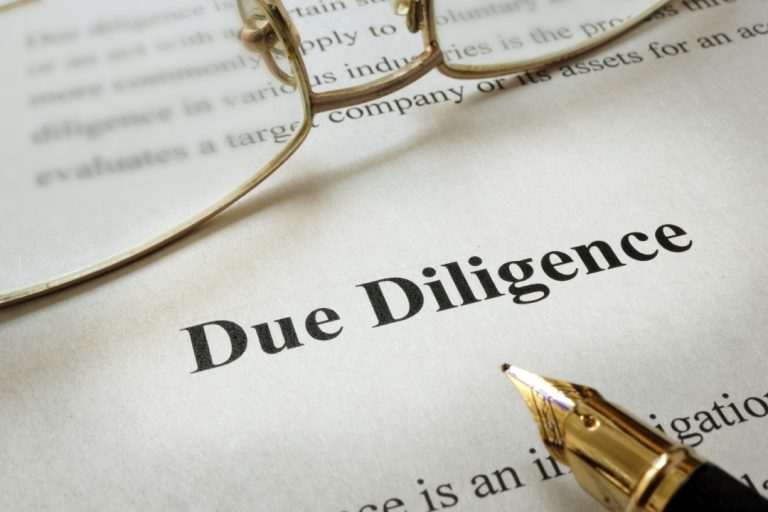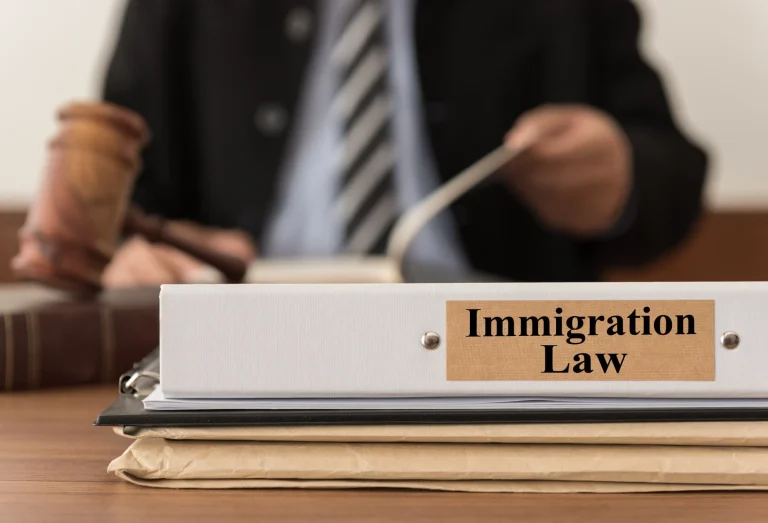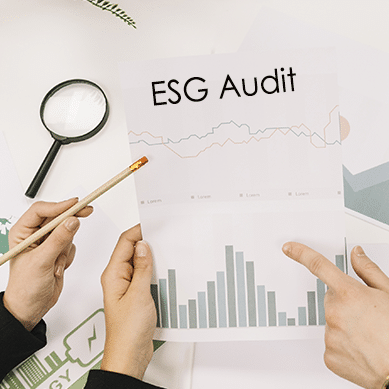Calls on Shares
A call may be defined as a demand made by the company on its shareholders to pay the whole or part of the balance remaining unpaid on each share, after the allotment of shares at any time
during its lifetime.
Although the unpaid value of the shares is a debt due from a member of the company, the
liability for its payment does not arise until a valid call has been made.
The board of directors may from time to time make calls upon the members in respect of money
unpaid on their shares according to the need of the Company.
Legal provisions relating to valid calls
As earlier said, a call is made pursuant to the provisions of the articles of each Company. Ifno
articles are prepared calls are made in accordance with the provisions of Table 'A' of the First
Schedule to the Act.
1. Rate of call
Calls on shares must be for 25% of the standard value of the shares and in no case should exceed the limit.
2. Time
No call shall be payable in less than one month from the date fixed for the payment of the last
preceding call and each member shall (subject to receiving at least 14 days notice specifying the time or times and place of payments) pay to the company at the time or times and place so specified the amount called on his share.
3. A call cannot be made until the minimum subscription has been received.
4. Resolution of the board
Calls on shares must be made by a resolution passed in duly convened and constituted meeting of the board of directors. The power to make calls cannot be delegated by directors to a sub committee of directors or the managing director.
5. A call resolution must specify the amount of call, the date and place of payment.
The call must specify the amount and fix the date of payment, if not, it would not be valid.
6. Uniform basis
Calls on shares shall be made on uniform basis on all shares falling under the same class but shares of the same nominal value on which different amounts have been paid up shall not be deemed to be under the same class.
7. Fiduciary duties
As regard calls, the directors are in a fiduciary position both towards the company and the
shareholders. The power given under the articles to make a call is in the nature of a trust and in
the exercise of that power, the director must act for the paramount interest of the company as a
whole. If it is exercised mala fide e.g for the directors own ends or some other indirect purpose,
this is an abuse of their power and an injunction may be obtained restraining the call.
8. Must conform to the provisions of the articles
The call must be made strictly in accordance with the provisions of the articles of the company. That is:
(a) The maximum amount per call shall be 25% of the nominal value of the share.
(b) There must be at least one month interval between 2 successive calls.
(c) Each member must be given at least 14 days notice specifying the amount due on the call,
time and place of payment.
(d) The directors have the discretion to revoke or postpone a call. Where the call is not made
in conformity with the above provisions then it is invalid and the shareholder is not bound
to pay such call.
Types of Calls
There are various types of calls including:
1. Call in advance
2. Calls in arrears
3. Call in the event of winding
1. Call in advance
This is where the Board thinks fit and if authorized by the articles and for the benefit of the company receives from any member the whole or any part of the amount uncalled and unpaid upon any shares held by him.
2. Calls in arrears
If a sum called in respect of a share is not paid on or before the day appointed for payment
thereof, the person from whom the call is done shall pay interest thereon from the day appointed for the payment at 5% p.a or such rate as the board of directors may determine. The directors have the discretion to waive payment of any such interest wholly or in part.
3. Call in the event of winding
Where a shareholder did not pay the call money due on the shares and the company has not
passed the resolution to forfeit the shares, he will continue to be a member till his name is
removed from the register of members. In the event of winding up of the company, he is liable as a contributory and responsible to pay the call money.
In the event of winding up, the amount of calls in advance together with interest will rank in
priority before payment of called and paid up capital.








